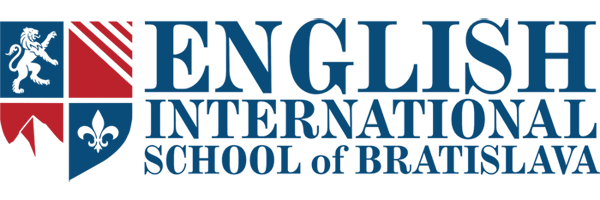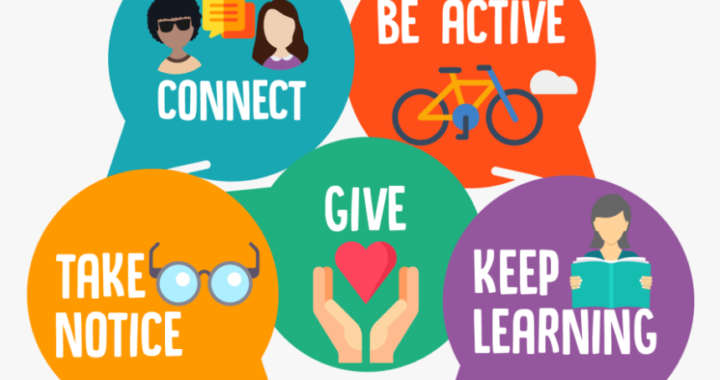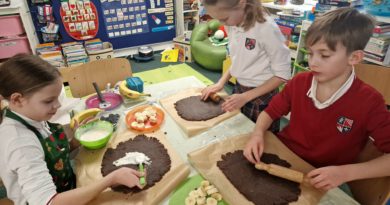Well-being research project at EISB
The pursuit of well-being is an intrinsic and universal quest, deeply embedded in human nature. We look for times of contentment and what we can do to feel more so, we want to be “in the moment”, we aim to feel a sense of fulfillment. While we can easily obtain or increase our objective well-being in the sense of greater economic wealth, more consumer goods at our fingertips, and other such things that fall into objective well-being categories, this does not necessarily mean that our subjective well-being is doing well at all.
When talking about this subjective type of well being it is important to mention our perceptions about our quality of life. For example, do we feel satisfied, anxious, or content, and do we feel that what we do is worthwhile?
This past week, EISB teachers have come together to begin discussing how to improve the well-being of our students. On the one hand, we can improve their objective well-being, by teaching them how to perform in their given subject and get a good grade, thus improving their opportunities at getting into a better university program, obtaining a better internship, a job, and so on and so forth. As much as this is an important part of our aim, what is more important is creating an environment where a student can improve their subjective, which, when not doing well, will not allow for much else positive to take place.
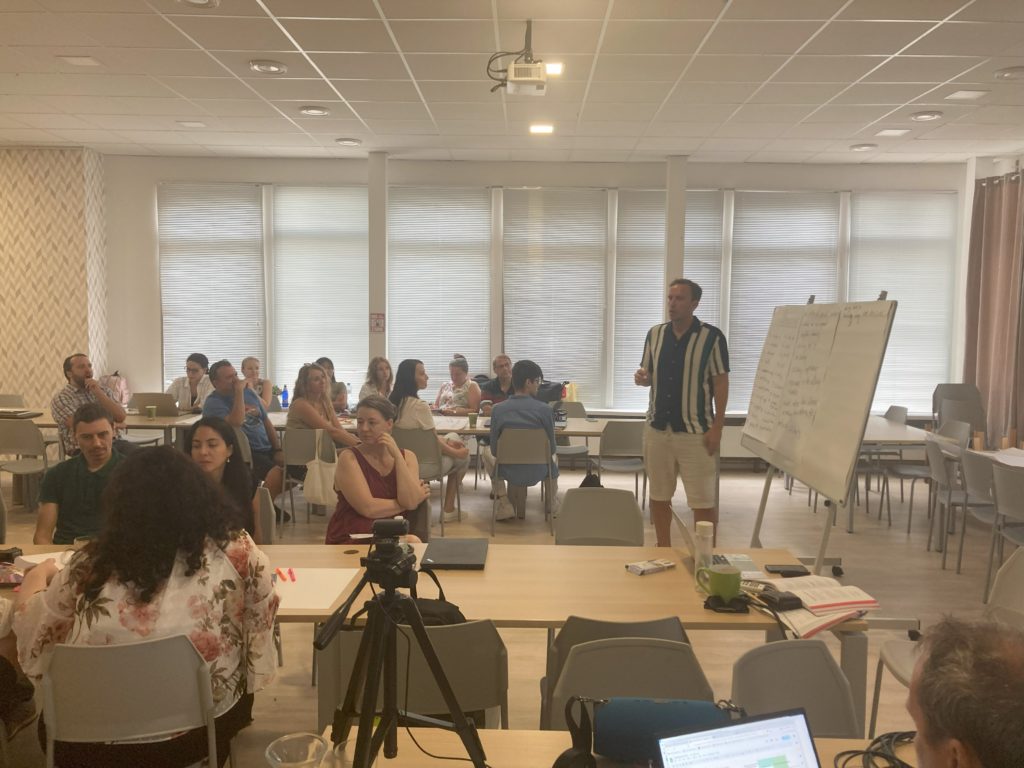
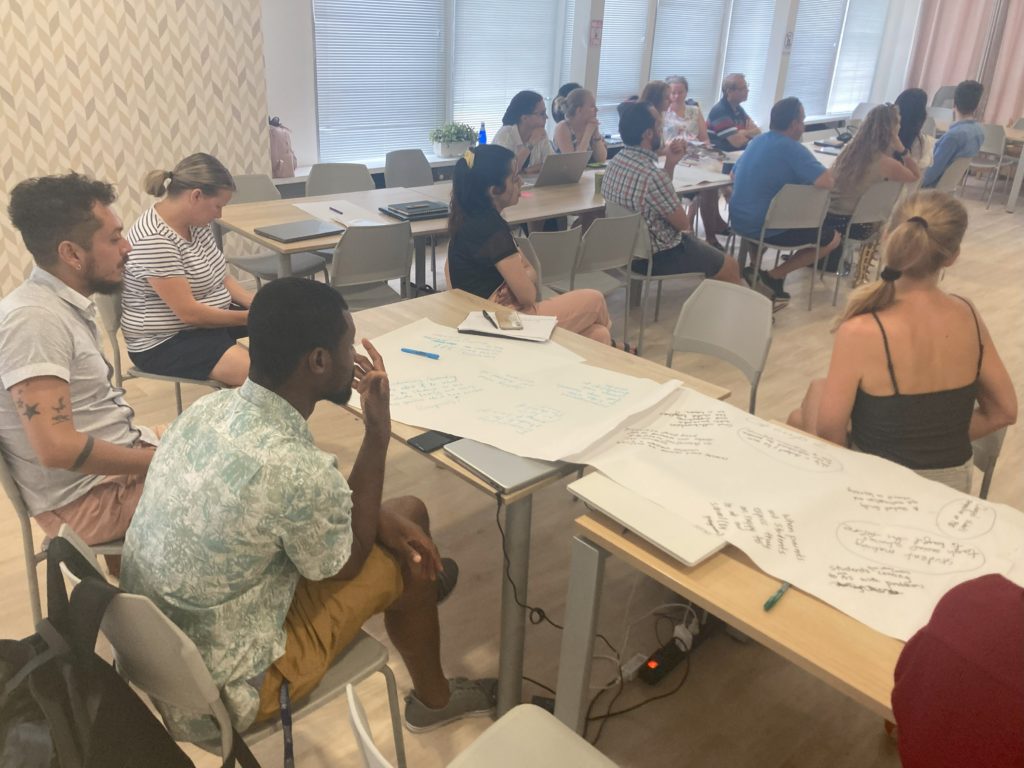
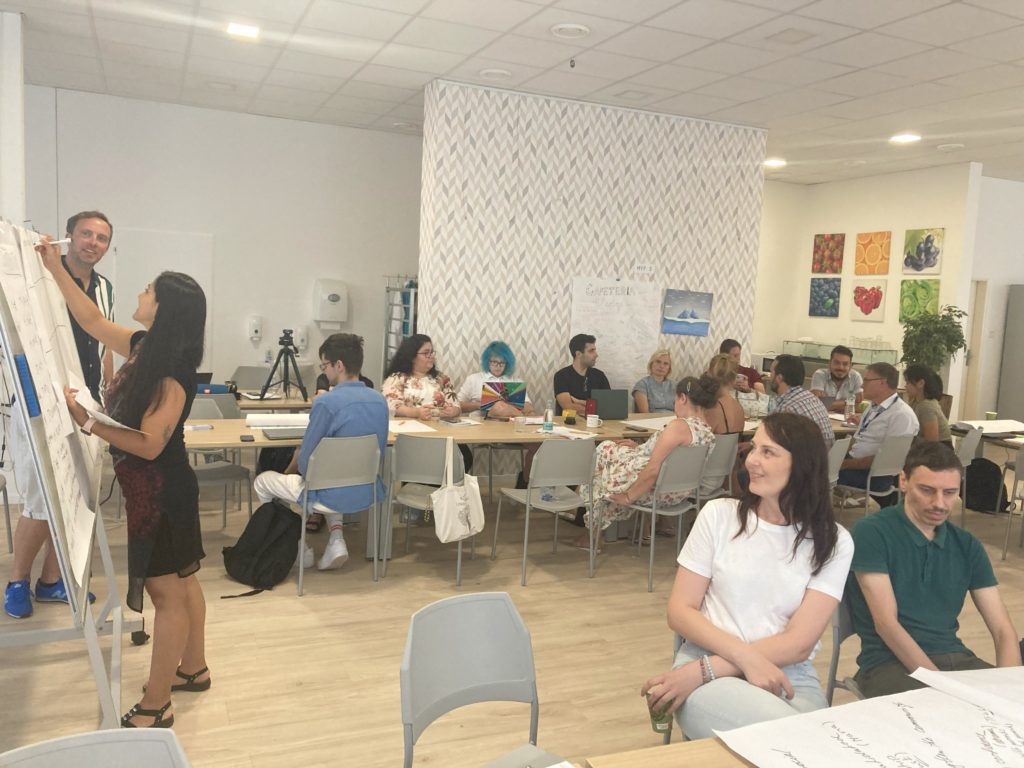
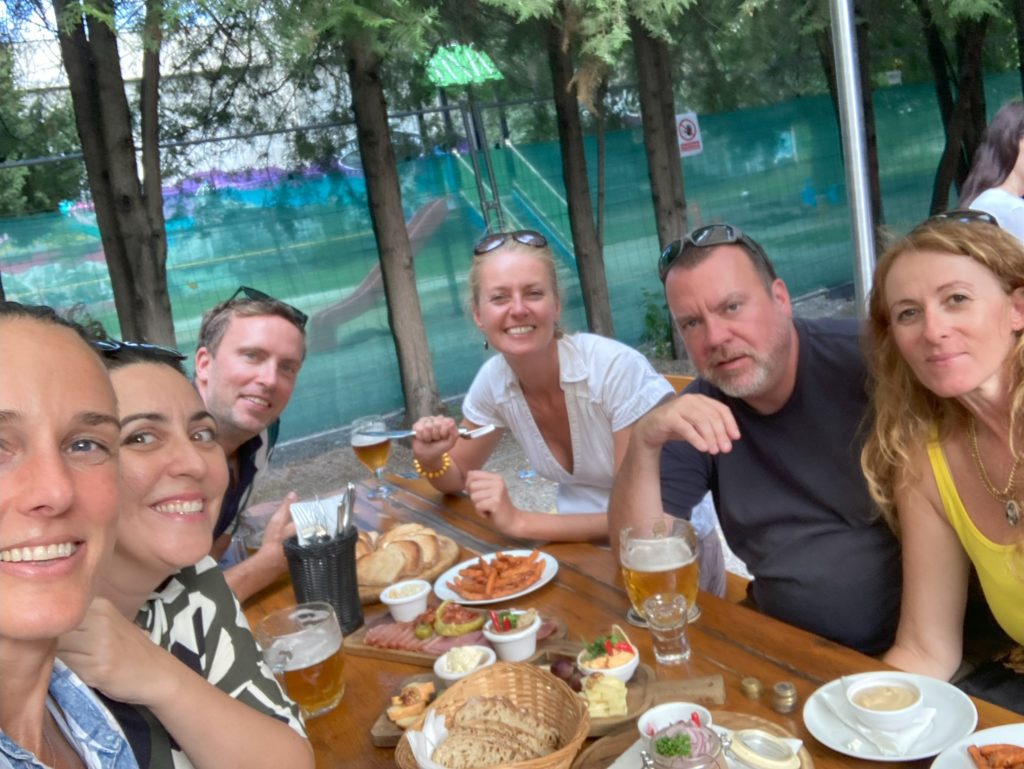
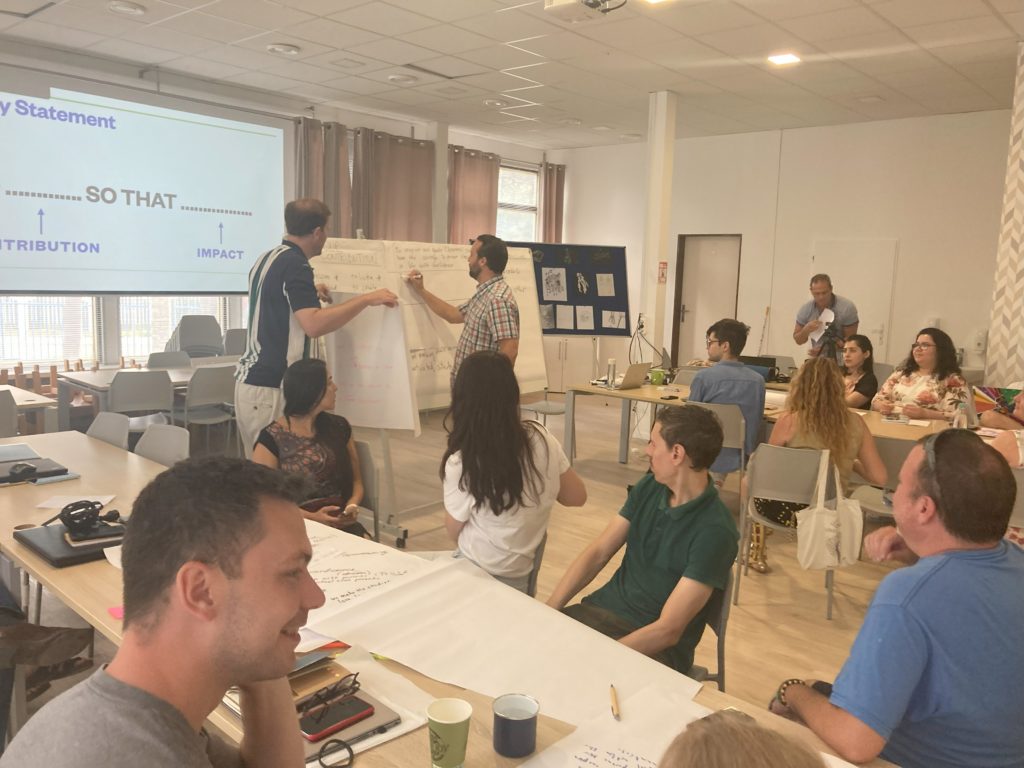
One of the aims of this induction week for teachers was to improve our own subjective well-being. For many this means feeling comfortable around their peers, understanding what is expected of them at the school as well as feeling competent in the methodology that they will be using to guide their students through their school year. We used small workshops in an attempt to tackle as many dimensions of this teacher’s well-being as possible, in order for this to be transferred to the students from day one.
At the same time, we realize that subjective well-being is difficult to measure and therefore it is difficult to identify specific ways to improve it successfully. To help, we have enlisted the guiding hands of experts by joining a collaborative action research project titled Wellbeing in Schools Action Research Program in partnership with Research Schools International (RSI) and the Human Flourishing Program at Harvard. Our aim is to use the findings from our research at EISB to identify specific ways that work at improving subjective student well-being here at our school and to focus our attention in the right direction. Updates will follow.
